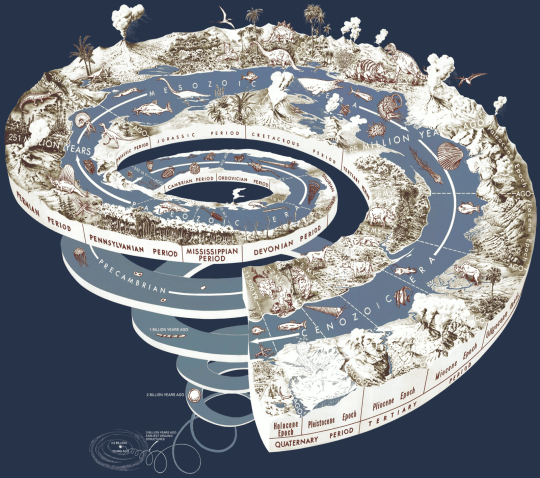About Bruce Lerro
Bruce Lerro has taught for 25 years as an adjunct college professor of psychology at Golden Gate University, Dominican University and Diablo Valley College. He has applied a Vygotskian socio-historical perspective to his five books: "From Earth-Spirits to Sky-Gods: the Socio-ecological Origins of Monotheism, Individualism and Hyper-Abstract Reasoning",
"Power in Eden: The Emergence of Gender Hierarchies in the Ancient World"
(co-authored with Christopher Chase-Dunn), "Social Change: Globalization from the Stone Age to the Present", "Lucifer's Labyrinth: Individualism, Hyper-Abstract Thinking and the Process of Becoming Civilized", and "The Magickal Enchantment of Materialism: Why Marxists Need Neopaganism". He is also a representational artist specializing in pen-and-ink drawings. Bruce is a libertarian communist and lives in Olympia, WA.
View all posts by Bruce Lerro →


After three years you might reply, you know! Is it that you don’t find value in doing either of the proposed two articles? Or even one of them? (Or a combination of them?)
We’re so sorry, ZJW! Can you please tell us what your comment was? Forgive us for such a long-delayed reply.
Bruce writes: “What made things worse is that the […] left failed to update Marx and Engels’ theory. Instead of sensitively incorporating what anthropologists have found about pre-industrial societies in the past 130 years, they continued to hold as sacred a sketch Marx and Engels’ drafted while anthropology was still in its infancy.”
Indeed it is so. Would Bruce please write such an updating of that sketch and of intended updates that are now found wanting? By the latter I mean in particular: Part II of Chris Harman’s “Engels and the Origins of Human Society” ( http://www.marxists.org/archive/harman/1994/xx/engels.htm ) from 1994, where the transformation of primitive communism into class and then state society is presented with content that 23 years later calls for an informed re-updating. Such a piece by Bruce would at the same time no doubt be a summary of salient points from his book with Chase-Dunn, ‘Social Change’. The piece would be about the same level of readability as that section of Harmon’s article; that is, not academic and not dumbed either. Footnoted. Length? Half or less than half of Harman’s Part II. If short enough it could be posted on this site, Counterpunch etc. If a bit longer, at marxists.org.
And the purpose of it? Knowledge for the sake of knowledge? Certainly not. Rather, a weapon in the ideological armory against reactionary human-nature-ism which holds that (non-coerced) egalitarianism has never existed, and the future’s democratic communism is an impossibility.
Likewise another weapon in this armory would a separate article by Bruce on the subject of evolutionary theory: Wilson, Dawkins. Kropotkin … altruism’s basis in natural selection, and all of that.
Well Bruce?
I I would suggest the following changes to Marx and Engels scheme.
1) primitive communism is too broad a category and not specific enough. They were certainly right that p primitive communism was egalitarian but the specific societies are hunter-gatherers and simple horticulturalists.
2) it is too big a jump to go from primitive communism to various types of class societies.
There are two other pre-state societies that have to be accounted for chiefdoms (where you have hierarchies without social classes. and herding societies.
3) As I remember it , Engels said that herding societies came before agriculture and the state. Current research says that herding societies are only viable if they have some relationship with agricultural states.
4) Agricultural states like Egypt, Mesopotamia, China and India were not primarily slaves societies like Greece. They were something close to caste societies based on subsistence agriculture of peasants,
5) There needs to be another social formation like Maritime states which would include Greeks, Phoenicians and the Italian city states like Venice or Genoa.
6) Feudalism is not a universal stage of social evolution. It is peculiar to Europe and Japan. A far more universal social formation are Agricultural Bureaucratic states.
Good references for this are Marvin Harris, Cannibals and Kings.
Gerhard Lenski Human Societies.
Thanks for your inquiry.